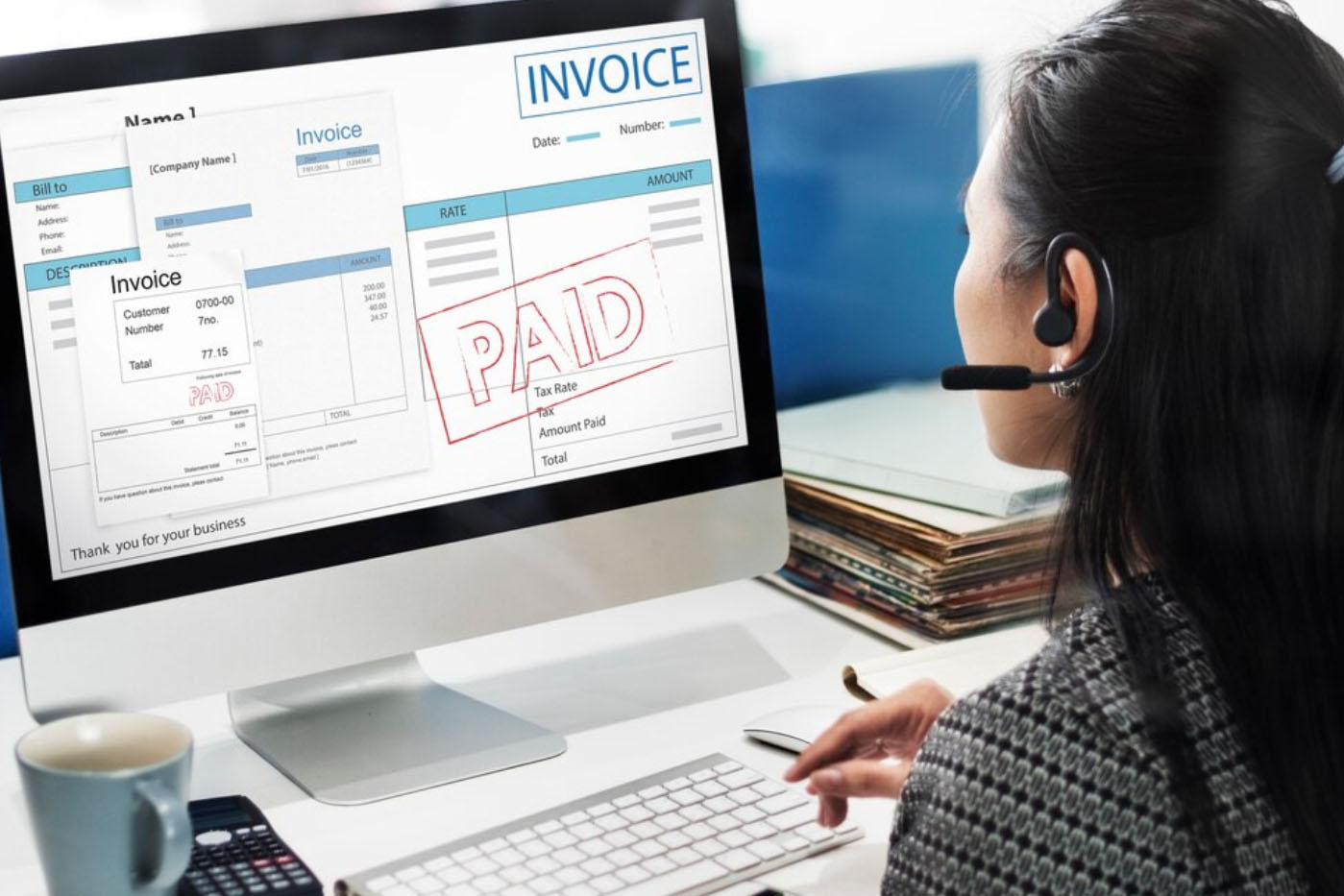Invoice factoring is a financial strategy that can be particularly advantageous for staffing companies. This approach involves selling accounts receivable to a factoring company at a discount, in exchange for immediate cash.
This analysis explores the benefits, challenges, and key considerations of invoice factoring for staffing firms, aiming to provide a comprehensive understanding of its impact on business operations.
Staffing companies operate in a unique financial environment. They need to pay their employees weekly or bi-weekly, but their clients might take 30 to 90 days to settle their invoices. This mismatch can strain cash flow, making it difficult to cover payroll, taxes, and other operational expenses.
Invoice factoring offers a solution by providing immediate funds in exchange for outstanding invoices, helping staffing companies maintain smooth operations and growth.
Benefits of Invoice Factoring
1. Improved Cash Flow
One of the primary benefits of invoice factoring is improved cash flow. Staffing companies can convert their receivables into cash quickly, allowing them to meet payroll obligations and other expenses without delay.
This steady cash flow ensures that the company can operate smoothly, even when waiting for client payments.
2. No Debt Incurred
Unlike traditional loans, invoice factoring does not involve taking on debt. The factoring company purchases the invoices, providing cash based on their value.
This means the staffing firm does not have to worry about repaying a loan or accumulating interest, which can be a significant advantage for companies looking to avoid debt.
3. Flexible Financing
Invoice factoring offers flexibility that is often lacking in other financing options. Staffing companies can factor as many or as few invoices as needed, depending on their cash flow requirements.
This flexibility allows firms to manage their finances more effectively, scaling factoring activities according to business needs.
4. Focus on Core Business
By outsourcing the management of accounts receivable to a factoring company, staffing firms can focus on their core business activities.
The factoring company handles collections and other administrative tasks related to the invoices, freeing up time and resources for the staffing firm to concentrate on recruitment and client service.
Challenges of Invoice Factoring
1. Cost
One of the main drawbacks of invoice factoring is its cost. Factoring companies charge fees, which can range from 1% to 5% of the invoice value, depending on various factors such as the industry, the creditworthiness of the client, and the volume of invoices factored. These costs can add up, potentially reducing the profit margins for staffing companies.
2. Client Perception
Some clients may view invoice factoring negatively, perceiving it as a sign of financial instability. Staffing companies must carefully manage their relationships and communicate the strategic reasons behind using factoring to ensure that client perceptions do not impact business relationships.
3. Dependency Risk
Relying heavily on invoice factoring can create a dependency risk. Staffing companies might become reliant on the immediate cash flow provided by factoring, which could be problematic if the factoring company changes its terms or if the staffing firm’s business model evolves in a way that makes factoring less advantageous.

Key Considerations for Staffing Companies
1. Choosing the Right Factoring Partner
Selecting the right factoring company is crucial. Staffing firms should look for a partner with experience in their industry, favorable terms, and a solid reputation. It’s important to compare multiple factoring companies, evaluating their fees, customer service, and flexibility.
2. Understanding the Terms
Before entering into a factoring agreement, staffing companies must thoroughly understand the terms and conditions. This includes the factoring fees, the advance rate (the percentage of the invoice value paid upfront), and the recourse terms (responsibility for unpaid invoices). Clear understanding prevents future disputes and ensures a smooth partnership.
3. Monitoring Cash Flow
Even with the benefits of factoring, staffing companies must continue to monitor their cash flow closely. Factoring should be part of a broader financial strategy that includes budgeting, forecasting, and managing expenses to ensure long-term financial health.
4. Managing Client Relationships
Effective communication with clients about the use of invoice factoring is essential. Staffing firms should ensure that clients understand the strategic reasons for factoring and how it benefits the overall business relationship, including maintaining timely payments to staff and continued service excellence.
Invoice factoring can be a valuable tool for staffing companies, providing immediate cash flow to meet payroll and other operational needs without incurring debt. However, it also comes with costs and potential challenges. By carefully selecting a factoring partner, understanding the terms of the agreement, and maintaining transparent client communication, staffing companies can leverage invoice factoring to support their growth and stability.
This financial strategy, when used effectively, can help staffing firms navigate the cash flow challenges inherent in their industry, ensuring they remain competitive and capable of delivering exceptional service.




Comment